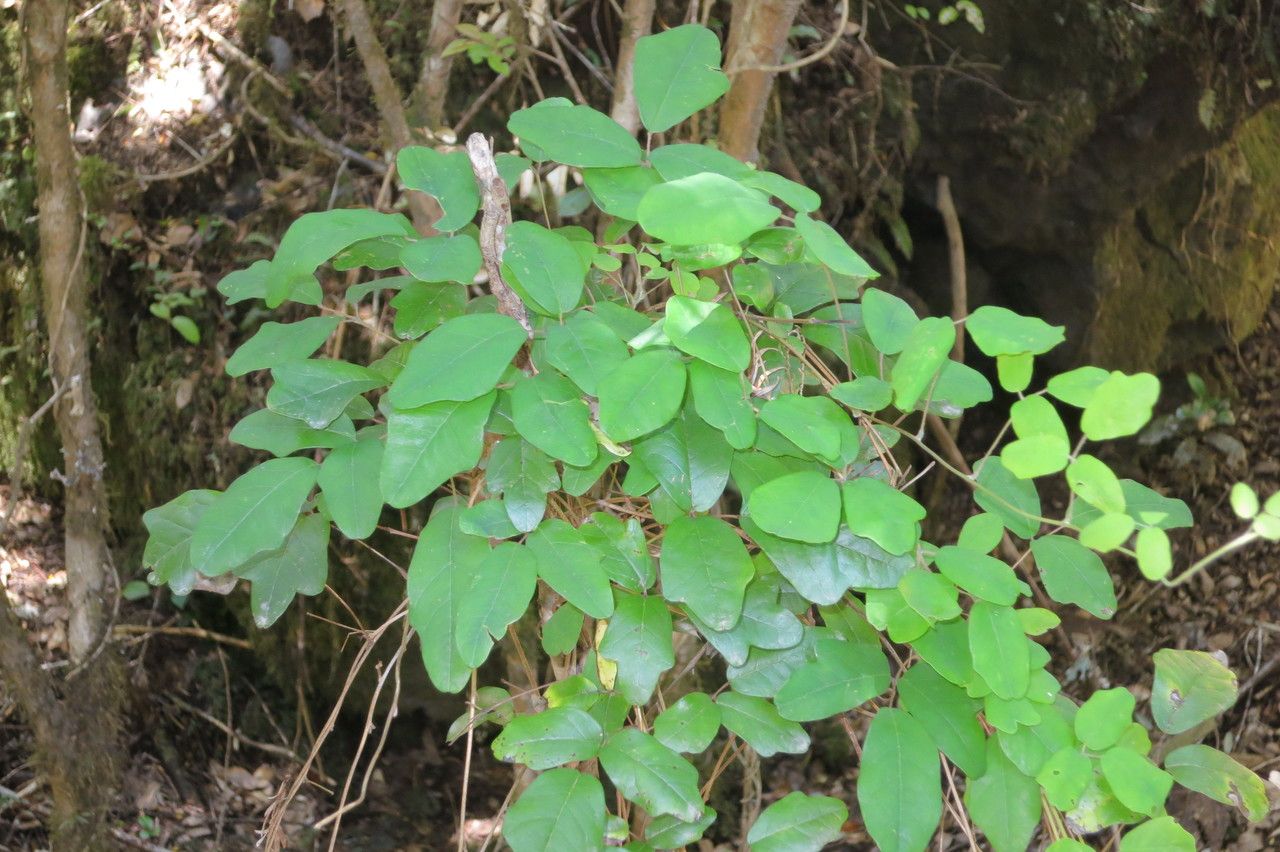Summary | Excerpt | Reviews | Beyond the book | Read-Alikes | Genres & Themes | Author Bio

How the Unseen World of Plant Intelligence Offers a New Understanding of Life on Earth
by Zoë SchlangerAward-winning Atlantic staff writer Zoë Schlanger delivers a groundbreaking work of popular science that probes the hidden world of the plant kingdom and reveals the astonishing capabilities of the green life all around us.
It takes tremendous biological creativity to be a plant. To survive and thrive while rooted in a single spot, plants have adapted ingenious methods of survival. In recent years, scientists have learned about their ability to communicate, recognize their kin and behave socially, hear sounds, morph their bodies to blend into their surroundings, store useful memories that inform their life cycle, and trick animals into behaving to their benefit, to name just a few remarkable talents.
The Light Eaters is a deep immersion into the drama of green life and the complexity of this wild and awe-inspiring world that challenges our very understanding of agency, consciousness, and intelligence. In looking closely, we see that plants, rather than imitate human intelligence, have perhaps formed a parallel system. What is intelligent life if not a vine that grows leaves to blend into the shrub on which it climbs, a flower that shapes its bloom to fit exactly the beak of its pollinator, a pea seedling that can hear water flowing and make its way toward it? Zoë Schlanger takes us across the globe, digging into her own memories and into the soil with the scientists who have spent their waking days studying these amazing entities up close.
What can we learn about life on Earth from the living things that thrive, adapt, consume, and accommodate simultaneously? More important, what do we owe these life forms once we come to understand their rich and varied abilities? Examining the latest epiphanies in botanical research, Schlanger spotlights the intellectual struggles among the researchers conceiving a wholly new view of their subject, offering a glimpse of a field in turmoil as plant scientists debate the tenets of ongoing discoveries and how they influence our understanding of what a plant is.
We need plants to survive. But what do they need us for—if at all? An eye-opening and informative look at the ecosystem we live in, this book challenges us to rethink the role of plants—and our own place—in the natural world.
The human race is completely dependent on plants. Many people, however, give little thought to plants' importance, often seeing them as closer to inanimate objects than fellow living things. Science journalist Zoë Schlanger challenges that view in her engrossing book The Light Eaters, which explores current knowledge of how plants experience the world around them. Schlanger's book offers an engrossing view into the plant world, focusing not on plants' utility to humans or humans' ecosystems, but on how they experience and interact with the world around them. I would recommend The Light Eaters to readers of popular science regardless of whether they have any particular interest in plants, as I think it's likely to spark that interest if they don't possess it already...continued
Full Review
 (565 words)
(565 words)
(Reviewed by Katharine Blatchford).
 Zoe Schlanger's popular science book The Light Eaters goes in-depth on several remarkable plants, one of which is the climbing vine Boquila trifoliolata. This woody vine, found in the temperate rainforests of Chile and Argentina, has a unique strategy for hiding from herbivores—in order to blend in, it changes the shape of its leaves to match those of other nearby plants.
Zoe Schlanger's popular science book The Light Eaters goes in-depth on several remarkable plants, one of which is the climbing vine Boquila trifoliolata. This woody vine, found in the temperate rainforests of Chile and Argentina, has a unique strategy for hiding from herbivores—in order to blend in, it changes the shape of its leaves to match those of other nearby plants.
B. trifoliolata was first described in the 1800s, but its imitative abilities are a much more recent discovery. In 2014, Ernesto Gianoli and Fernando Carrasco-Urra published a report in Current Biology showing that the vine mimicked the leaf shape of eight different host plants. In the years since, that number has increased to more than 20 species. This vine ...

If you liked The Light Eaters, try these:

by Jessica J. Lee
Published 2025
A prize-winning memoirist and nature writer turns to the lives of plants entangled in our human world to explore belonging, displacement, identity, and the truths of our shared future

by Tao Leigh Goffe
Published 2025
A groundbreaking investigation of the Caribbean as both an idyll in the American imagination and a dark laboratory of Western experimentation, revealing secrets to racial and environmental progress that impact how we live today.